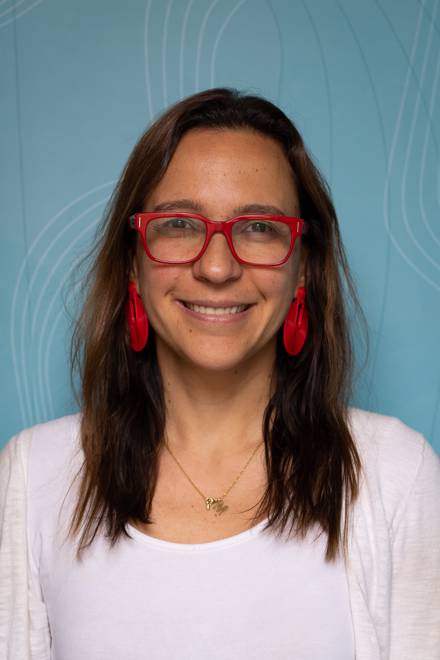Economist and historian from Universidad de los Andes, Master in Economics and History from Universidad de los andes and London School of economics (LSE), and PhD in Economic Development from London School of Economics. Currently, she is an assistant professor in the economics department at Universidad de los Andes, a fellow at the LACC and FLC at LSE, co-investigator of the Gender, Security and Justice Hub of LSE and leader of the Women in Environmental and Development Economics (WInEED).
My current research agenda combines, among others, two of the main areas of interest to PRIO: conflict and gender.
First, I am studying the origin and causes of the Colombian conflict and its relationship with rural areas. In my work, I link weak property rights with the origin of the rural guerrilla movement - Revolutionary Forces of Colombia (FARC) - during the first stage of the Colombian Civil Conflict (1974-1985). In this work with Fabio Sanchez, we investigate the impact of the historical dispossession of peasant lands by landlords that led to the rise of peasant grievances and the presence of FARC. We propose two additional mechanisms through which previous land dispossession facilitated the emergence of armed rebel groups: exposure to prior events of violence that gave military training and access to weapons and ideological cohesion stemming from radical leftwing parties that exacerbated grievances and helped the emergence of armed rebel groups. Recently I have started working on the post-conflict agenda. I am also working on an impact evaluation of the program "Formalization for Substitution", a program that gives land property rights to peasants in exchange for the commitment to substitute coca plantations for legal crops. Preliminary results show essential effects of property rights on coca plantations substitution, conditionally to a state presence in other forms such as roads and access to public services. The other two projects of the post-conflict agenda are related to the implementation of the gender agenda after the peace agreement, especially in the topics related to rural women and women political representation.
The second area my research agenda focuses on is gender. Currently, I am working on two projects on violence against women: one on the impact of cash transfers on this violence during the pandemic and another one on the effects of emergency calls when there is a change in the follow-up procedure of the hotline 155 (a hotline to guide gender violence victims). In 2021 I also published a policy brief on violence in households in Colombia during the 19th century. As part of the Gender, Security and Justice hub, I am currently developing a project on women's economic and political empowerment in Colombia. I am collecting new and detailed information on land property rights and credits given to women in rural areas and on women candidates and politicians to exploit some laws issued in Colombia in the last twenty years to improve women's empowerment. I am also leading a project that is building historical data sets on women's political participation and representation.






